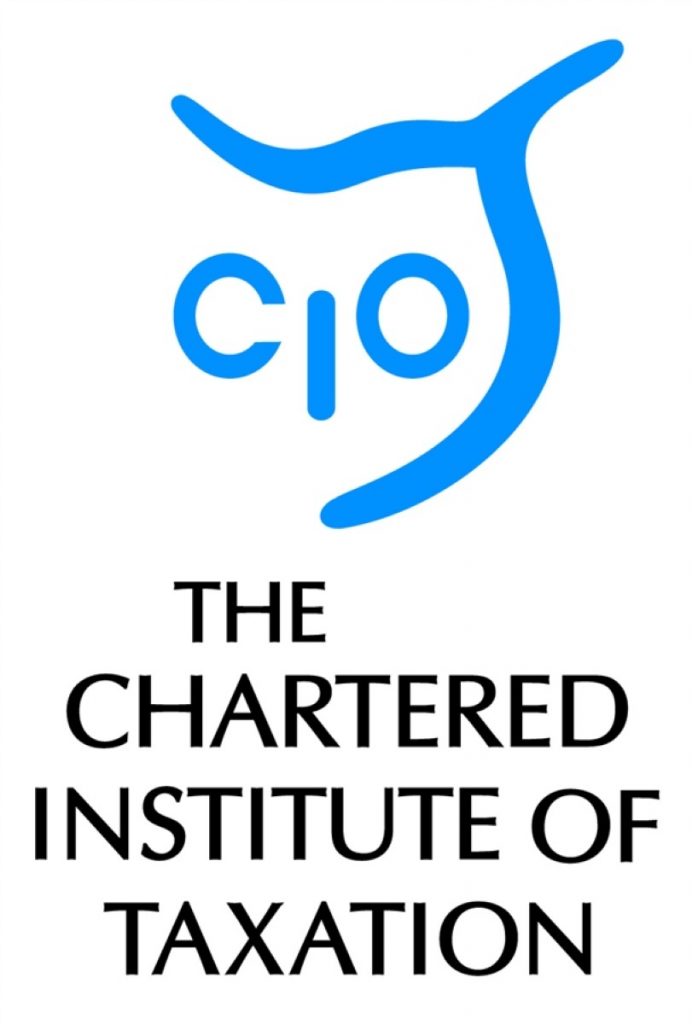CIOT: Government right to grasp the nettle of Income Tax/NICs reform
Government right to grasp the nettle of Income Tax/NICs reform
Today’s launch by the Government of a ‘call for evidence’ on the integration of income tax and National Insurance Contributions (NICs) has been welcomed by the Chartered Institute of Taxation (CIOT). The CIOT has long argued that the inefficiencies and administrative burdens caused by the separate levies need to be addressed.
Anthony Thomas, President of the CIOT said:
“The Government deserve congratulations on finally grasping a nettle that successive administrations have shied away from. As the Office of Tax Simplification’s recent report showed, there are real administrative savings, for employers and for HMRC, in harmonising the way the two taxes are run.
“The Government’s approach of evidence-gathering over the summer, followed by a formal consultation document in the autumn, is sensible. There are risks to this process and it is right that the Government proceed carefully. They are right to have ruled out extending NICs to pensions or to savings income at the present time, as this aspect could otherwise have overshadowed the consultation process.
“However within the boundaries the Government have set, there is both scope and need for the Government to think widely and aim for real simplification. That can benefit employers, taxpayers and HMRC alike."
Notes for editors
The main areas of difference between the current income tax and NIC systems are:
• Differences in the definition of income subject to the two levies;
• The annual, cumulative system for income tax/PAYE and the largely weekly or monthly approach that applies for NICs;
• The varying types of contribution of NICs, including Class 2 and Class 4 for the self-employed; and
• The residual link to the state pension and some contributory benefits that applies for NICs.
The Chartered Institute of Taxation (CIOT) is a charity and the leading professional body in the United Kingdom concerned solely with taxation. The CIOT’s primary purpose is to promote education and study of the administration and practice of taxation. One of the key aims is to achieve a better, more efficient, tax system for all affected by it – taxpayers, advisers and the authorities.
The CIOT’s comments and recommendations on tax issues are made solely in order to achieve its primary purpose: it is politically neutral in its work. The CIOT will seek to draw on its members’ experience in private practice, government, commerce and industry and academia to argue and explain how public policy objectives (to the extent that these are clearly stated or can be discerned) can most effectively be achieved.
The CIOT’s 15,400 members have the practising title of ‘Chartered Tax Adviser’ and the designatory letters ‘CTA’.
Sophia Bell
Technical Team Administrator
D: +44 (0)20 7340 0553
The Chartered Institute of Taxation
Registered charity number 1037771
www.tax.org.uk
The Association of Taxation Technicians
Registered charity number 803480
Registered company number 2418331
VAT Registration Number 497 5390 90
www.att.org.uk
1st Floor, Artillery House, 11-19 Artillery Row, London SW1P 1RT





-01.png)